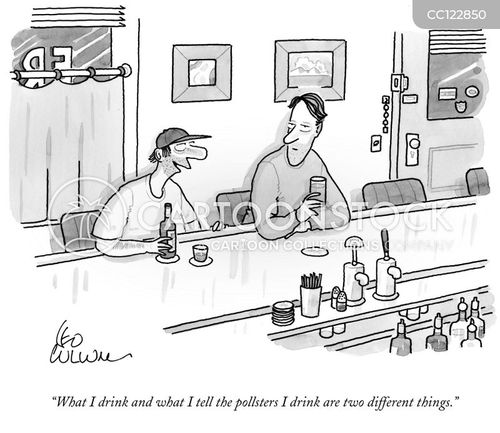
“The narrative from the Beltway is not accurate,” said Joe Bush, chairman of the Republican Party in Muskegon County, Mich., which Trump lost narrowly in 2016. “Here in the heartland, everybody is still very confident, more than ever.”
At the center of the disconnect between Trump loyalists’ assessment of the state of the race and the one based on public opinion polls is a distrust of polling itself.
Republicans see an industry that maliciously oversamples Democrats or under-samples the white, non-college educated voters who are most likely to support Trump. They say it is hard to know who likely voters are this far from the election. And like many Democrats, they suspect Trump supporters disproportionately hang up on pollsters, under-counting his level of support.
Ted Lovdahl, chairman of the Republican Party in Minnesota’s 8th Congressional District, said he has friends who will tell pollsters “just exactly the opposite of what they feel.” “I don’t like some of their questions. It’s none of their business what I do.”
Recalling that polls four years ago failed to predict the outcome, Jack Brill, acting chairman of the local Republican Party in Sarasota County, Fla., said, “I used to be an avid poll watcher until 2016 … Guess what? I’m not watching polls.”
Instead, as they prepare for a post-lockdown summer of party picnics and parades, Republican Party organizers sense the beginnings of an economic recovery that, if sustained, is likely to power Trump to a second term.
No comments:
Post a Comment